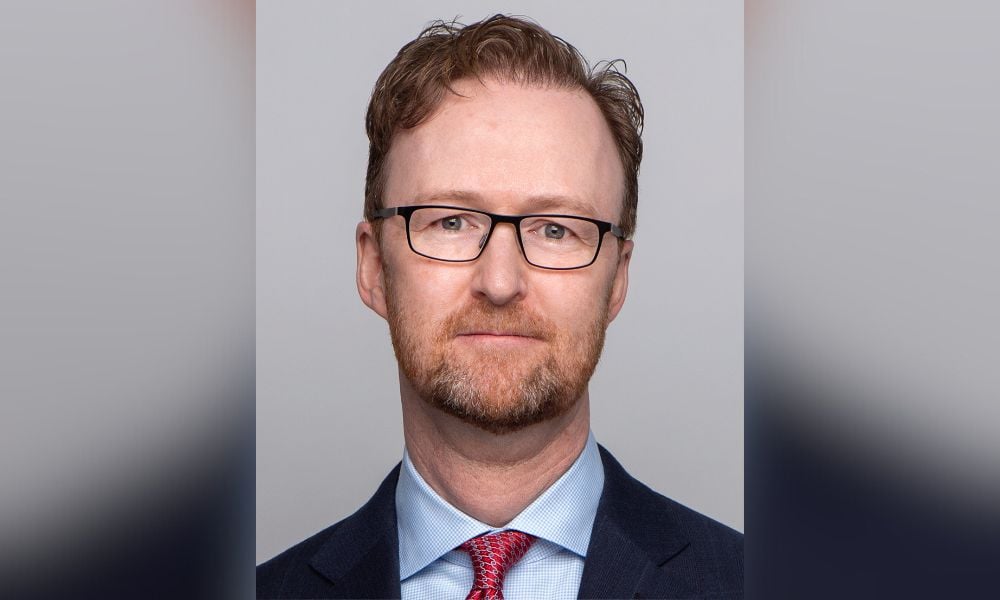
'If it removes flexibility in how to recruit, how to hire, how to promote, that can be negative in terms of the mission of an organization,' says expert, offering tips

Diversity, equality and inclusion (DEI) programs are experiencing backlash in the United States, with some universities reversing diversity hiring practices and public statements against workplace DEI programs, such as Elon Musk proclaiming “DEI must DIE” on his own social media platform last month.
While similar sentiments in Canada will likely remain “muted”, employment lawyer Tom Ross of McLennan Ross in Calgary has observed the consequences of poorly implemented DEI programs in Canadian workplaces. He sat down with HRD Canada to discuss how HR leaders in Canada can avoid backlash against their own DEI efforts.
“[DEI] resistance I'm seeing from employers I deal with are based on either a fundamental, moral objection that programs that treat people differently based on their personal characteristics are just fundamentally wrong, which seems to be part of the concern that we're seeing raised in the United States as well,” he said.
“Second, objections are being raised that there is a fairly sizable bureaucracy that is connected to many DEI programs – that they can be bureaucratic, overly administrative, that they can be rigid and make it difficult to make decisions.”
The first and essential step to avoiding DEI backlash, Ross explained, is ensuring workplace DEI policies – and any new policies, really – are consistent with the culture and values that already exist in an organization, prior to designing or implementing them.
“One area of problem I've seen is where the program or policy is not in line with the overall values of the organization or the overall mission of the organization,” he said. “Fairness and inclusion are pretty innocuous terms that it's pretty easy to be supportive of, and I think most Canadians are supportive of those concepts. The question is, how are DEI programs implemented?”
That could mean canvassing employees before the design process, which Ross said is always a good idea for HR. Since there is such a wide range of opinions on what DEI means, if programs aren’t rolled out with thoughtfulness to how they are received, there could be pushback from employees who don’t agree or weren’t consulted or are simply confused as to the program’s purpose.
“There's a small group of people who are highly involved in the DEI initiatives and programs, and I would say the vast majority of people in an organization who are just going about their day-to-day work and may not really have a full grasp of what the DEI program is, and that's where I think that there is some backlash,” he said.
“What to do differently very much depends on what you're trying to connect with in your organization's culture and environment.”
A large complaint Ross experiences from organizations implementing DEI programs is overly bureaucratic or over-ambitious plans that lead to programs that are “invasive” instead of achieving the positive results they are meant for.
To gauge if a particular DEI program is perhaps overly bureaucratic, watch the resources going toward it, he said.
“If you are expending a disproportionate amount of resources on your DEI program, they may be misspent resources depending on what you're trying to accomplish,” Ross said. “If it is so instrumental to every decision that it removes flexibility in how to recruit, how to hire, how to promote, that can be negative in terms of the mission of an organization.”
It’s important that HR doesn’t simply “hand over” control to DEI personnel, he said, but ensures they are giving comprehensive consideration to the context of other policies and programs already in place, as well as the company’s mission.
Ross concluded that a reason for more muted criticisms of DEI initiatives in Canada could be a fear of being “branded in a negative way”, as opposed to in the U.S. where there is more public, political debate on social media and other platforms.
Talent shortages could also be contributing to increased DEI initiatives, he said. Organizations are increasingly seeing the business sense in being more inclusive with hiring; even in the construction industry, where Ross does much of his work, there is widespread acceptance of DEI policies, especially around gender.
“Construction, like many industries in Canada, is and has been dealing with labour shortages for some period of time,” he said. “There's a particular interest in that industry, I would say, to expand the reach of its recruitment and hiring pools to conquer the labour shortage. Many employers are just desperate for good people, and the more access they have to larger candidate pools, the better off they are.”